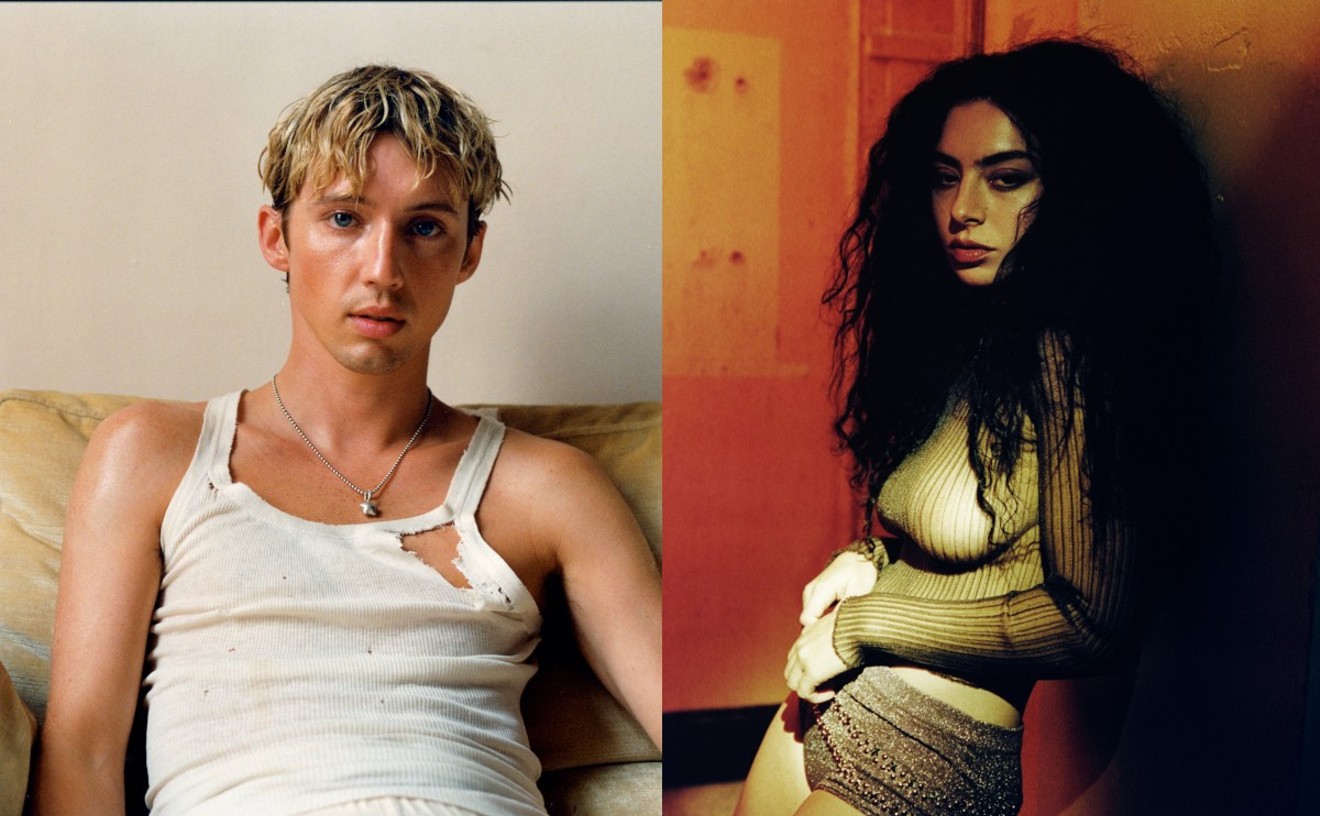A filmmaker being one of the subjects of his or her own documentary is certainly nothing new. But in Minding the Gap, director Bing Liu uses his participation to question his own role in the culture he’s documenting. He does it subtly at first, then allows the movie to transform before our eyes into something poignant, damning, even terrifying.
Longitudinal in its ambitions, Liu’s film follows the lives of three close friends, all skaters in the depressed Rust Belt town of Rockford, Illinois. The trio have known each other since they were little kids. We see their early years in rough glimpses: attempting skate tricks, goofing around, breaking their boards in both playfulness and rage. They’re a surprisingly diverse trio: Zack is the floppy-haired, charming pothead anarchist; Keire is African-American, with a bubbly, boyish personality; Bing himself is a quiet, Chinese-American introvert. None of them have good relationships with their families; indeed, they say early on that they formed their own family together — “to look out for each other, because no one else was looking out for us.”
Though it’s been assembled from all types of footage over many years, Minding the Gap is visually mesmerizing, and the fact that the director belongs to this subculture turns the film’s style into a kind of philosophical stance. Bing privileges expressive moments and emotional movements over narrative arcs and clear through lines. The film is filled with lengthy, sensuous skateboarding scenes, which feel meditative, therapeutic; we sense that these kids skated not because it was fun, but because it helped them to survive. The movie’s focus seems at times to drift from character to character, theme to theme. Ideas and problems only glancingly mentioned early on grow to become crises later. That may feel like a lack of precision on the filmmaker’s part, but it gives the film the unsettling cadence of reality — of lives routed into troubling detours and dead ends.
As the film wears on, the sense of family and belonging depicted earlier starts to dissipate. And as the years pass, the picture begins to question some of the trio’s own notions of self-knowledge. Each of their families has suffered from some form of domestic abuse — from casual beatings to far more sinister acts. And none of the boys has ever really reckoned with this dark reality in their lives. They have escaped through skating and friendship — but that kind of avoidance merely kicks the can down the road. Zack winds up with his own family early on in life, and we learn that he might be reenacting some of the same things that happened to him. As they become men, and as their lives diverge, the trio begin to ask how well they really know each other, and themselves. Eventually, at times, skating itself seems to have become a distant memory.
This sense of questioning becomes part of the aesthetic of the film. And Bing’s status as filmmaker and participant starts to take on a different tenor. The people onscreen know him and trust him, and there’s a genuine intimacy to their interactions. But eventually, he trains the camera on his own life, as he decides to delve into his family’s past and the abuse he suffered. A visit back home and an interview with his mother make for incredibly moving scenes, but they also reveal the limitations of our knowledge and vision.
Minding the Gap starts in curiously formless fashion and eventually gains a surprisingly elaborate structure, as Bing starts to cut between memories and events and characters, as if he is suddenly starting to see things differently. That can be jarring: Longitudinal docs aren’t supposed to suddenly turn into essay films. But it’s powerful nonetheless. Again, isn’t this how life works? You drift for a while and then at some point, maybe after it’s too late, certain things start to reveal themselves, forcing you to reckon with your earlier experiences — even if it remains impossible to achieve closure or peace. Minding the Gap is the work of a filmmaker willing to acknowledge that sometimes seeing better, seeing differently, is more important than understanding.
Minding the Gap premieres on Hulu on August 17.
[
{
"name": "GPT - Billboard - Slot Inline - Content - Labeled - No Desktop",
"component": "16971022",
"insertPoint": "2",
"requiredCountToDisplay": "2"
},{
"name": "Editor Picks",
"component": "15769925",
"insertPoint": "4",
"requiredCountToDisplay": "1"
},{
"name": "Inline Links",
"component": "16575154",
"insertPoint": "8th",
"startingPoint": 8,
"requiredCountToDisplay": "7",
"maxInsertions": 25
},{
"name": "GPT - Rectangle 2x - Slot Auto-select - Labeled",
"component": "15782206",
"insertPoint": "8th",
"startingPoint": 8,
"requiredCountToDisplay": "7",
"maxInsertions": 25
},{
"name": "Inline Links",
"component": "16575154",
"insertPoint": "8th",
"startingPoint": 12,
"requiredCountToDisplay": "11",
"maxInsertions": 25
},{
"name": "GPT - Leaderboard to Tower - Slot Auto-select - Labeled",
"component": "15782207",
"insertPoint": "8th",
"startingPoint": 12,
"requiredCountToDisplay": "11",
"maxInsertions": 25
}
]











